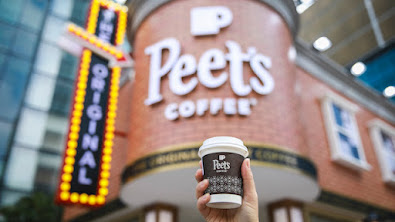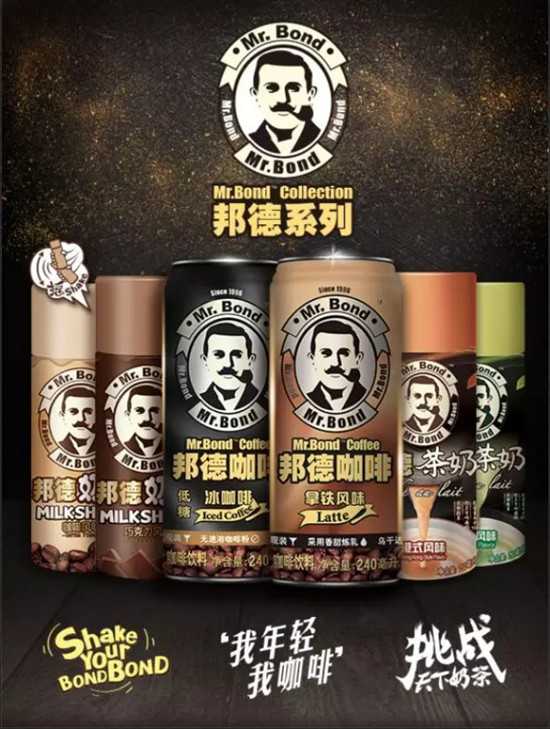I regard Alibaba as one of the biggest mistakes I ever made. In thinking about Alibaba, I got charmed by their position in the Chinese internet and didn’t stop to realize, 'they’re still a gawd-damned retailer.'
(Charlie Munger, Daily Journal annual shareholder meeting, 15 February 2023)
Charlie Munger is unhappy about his Alibaba purchase. I can relate to that; I sold off mine last January already. But let’s notice his dim view of retailers in general here. Is retail such a lousy business?
Turning around a retailer that has been slipping for a long time would be very difficult. Can you think of an example of a retailer that was successfully turned around?
[...] in retail you have to be smarter than Wal-Mart. Every day retailers are constantly thinking about ways to get ahead of what they were doing the previous day. [...]
We would rather look for easier things to do.
(Buffett, Student Visit 2005)
Buffett is also pessimistic about the prospects of retailers. He seems to suggest that investors try to identify the smartest player in the sector, such as Wal-Mart, which is one of the success stories within Berkshire’s investing track record.
Value investor Pat Dorsey is more specific in his book The Five Rules for Successful Stock Investing.
Not surprisingly, we generally don’t find a ton of great long-term stock ideas in retail and consumer services because most economic moats for the sector are extremely narrow, if they exist at all. The only way a retailer can earn a wide economic moat is by doing something that keeps consumers shopping at its stores rather than at competitors’. It can do this by offering unique products or low prices. The former method is tough to do on a large scale because unique products rarely remain unique forever. It’s rare to find a retailer or consumer service firm that maintains any kind of economic moat for more than a few years.
Retail is generally a very low-return business with low or no barriers to entry. [...] The primary way a firm can build an economic moat in the sector is to be the low-cost leader.
Let’s start our survey of DFI Retail Group here. Is it a low-cost leader, or does it offer something unique to survive the retail battlefield in the long term? I think neither. DFI has been struggling for several years, starting years before the Covid pandemic. It recently sold its supermarket operations in Malaysia and wrote down its investment in The Philipines.
An excellent introduction to DFI was written by Global Stock Picking. This blogger bought the stock in December 2017, traded in and out a few times, but sold it off in 2022. The blogger’s quote about DFI’s parent company Jardine Group drew my attention.
In a city like Hong Kong there are many examples of businesses that are protected due to vested interests from business owners, who are allowed to influence politics.
Globalstockpicking argues that DFI built its retail business in Hong Kong under the protection of a duopoly with Hutchison. We could theorize that DFI’s operations outside Hong Kong enjoy less success because they lack such a moat. In the latest FY2022 report, the Chairman remarks about DFIs’ future: “The Group’s overall results will largely depend on the recovery in Hong Kong of its Health and Beauty and Restaurants businesses, and an improved performance by its associate Yonghui on the Chinese mainland.”
DFI’s focus is still on Hong Kong. However, I hesitate to rely on a strong economic come-back of Hong Kong for any investment success in the foreseeable future. Besides Hong Kong’s economic prospects, we can question whether DFI’s moat there is still intact, considering the political developments. The retail duopoly might be disrupted by new players entering the market.
A more pressing concern is DFI's debt which fails my criteria. In its FY2022 report, DFI discloses its interest cover at 3. However, there are several ways to calculate Interest Cover Rates. RHB Research sets it at 2 in their latest report, which is also my estimation. Moreover, 60% of the debt consists of floating-rate borrowings instead of fixed-rate agreements. DFI associate Yonghui, which runs supermarkets in mainland China looks quite leveraged too. Yonghui’s FY2022 financials have not been published yet, but its operating profits have been negative for a while. Considering the Chinese 2022 lockdowns, we can expect Yonghui’s 2022 performance to be poor again. On the bright side, China re-opened in 2023. From now on, earnings and operating cashflows for both DFI and Yonghui will recover at least somewhat. In that light, although leverage looks worrying it is not an immediate threat to the continuity of either company.
DFI was already a turnaround story before the Covid pandemic. In early 2020, Blogger CS Jacky pointed out the challenges and warned us, “The transformation plan to reshape DFI is a long-term endeavour”. Fast forward to 2023, and we can ask whether the turnaround is ongoing or has failed. To quote Warren Buffett again, “turnarounds seldom turn” (1979). Hence, I dislike relying on a business turnaround for my investment returns.
DFI reported its FY2022 financials in the same week as Haleon and Reckitt. I couldn’t help noticing how much easier their challenges seem compared to DFI. Why make an uncertain bet on DFI when more straightforward choices are around? KISS = Keep It Simple, Stupid. DFI also fails several of my checklist items. I am taking my loss at about -15% (including dividends), sold at 3.14 USD. Admittedly, at this price, DFI looks cheap on the surface, yet I am more confident making back my loss with another stock. To echo Buffett's quote from 2005 again...
We would rather look for easier things to do.
Disclosure: Sold out DFI and Alibaba. Currently long CK Hutchison, Haleon, and Reckitt.










